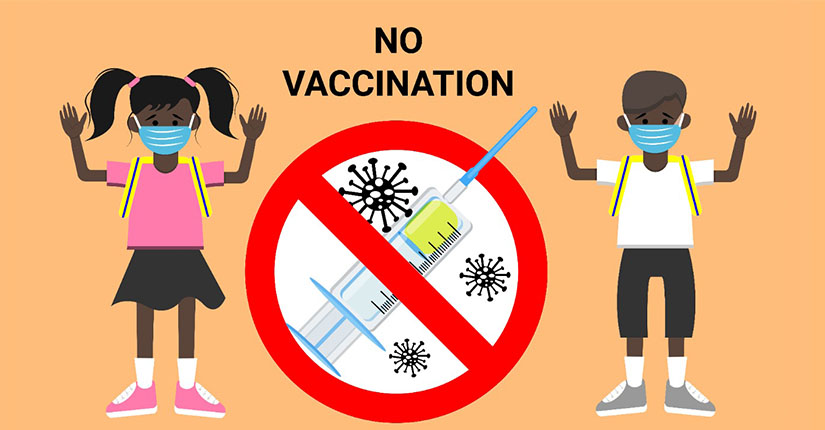WHO Tweeted That Family Planning and Counseling Should Be Respectful of The Human Rights
By Nmami Agarwal 17-Jul 2022 Reading Time: 3 Mins

Family planning allows people to attain their desired number of children, if any, and to determine the spacing of their pregnancies. It is achieved through the use of contraceptive methods and the treatment of infertility. Contraceptive information and services are fundamental to the health and human rights of all individuals.
The prevention of unintended pregnancies helps to lower maternal ill-health and the number of pregnancy-related deaths. Delaying pregnancies in young girls who are at increased risk of health problems from early childbearing, and preventing pregnancies among older women who also face increased risks, are important health benefits of family planning.
Contraception lives in a space where decisions about two socially-sensitive topics – fertility and reproduction – take place. A new special issue from WHO on Contraceptive Values and Preferences, published in the July issue of contraception, examines individuals’ values and preferences across several demographics, including sexually active women, women with specific medical conditions, men, young people and adolescents, women living with HIV, health care providers and people living in humanitarian contexts or special social conditions.
While the six systematic reviews capture a great variety of preferences depending on age, geography, and other factors, several universal themes emerged including the desire to have options that are safe and affordable, have few side effects, and are accessible within a supportive environment. With this growing body of evidence, there is the understanding that while health care providers are positioned to offer information on the safety and efficacy of each method, the deeply personal decision of what method to use is best left up to the patient. This approach is in alignment with WHO contraceptive guidance, which does not recommend specific methods for different types of individuals.
The variety of preferences in family planning varies across cultures. Furthermore, contraceptive preferences and the approach to family planning are likely to change throughout a person’s life, especially throughout the several decades of fertility. Pregnancy prevention is influenced by life circumstances as well. An adolescent will have different needs than an adult, or a woman at high risk of contracting HIV will prefer contraception methods known to not put them at an even higher risk.
Over To You:
Universal access to sexual and reproductive health services and information, including access to the full range of safe and effective contraceptive methods, is fundamental to the rights and well-being of adolescents and adults of all genders.





















